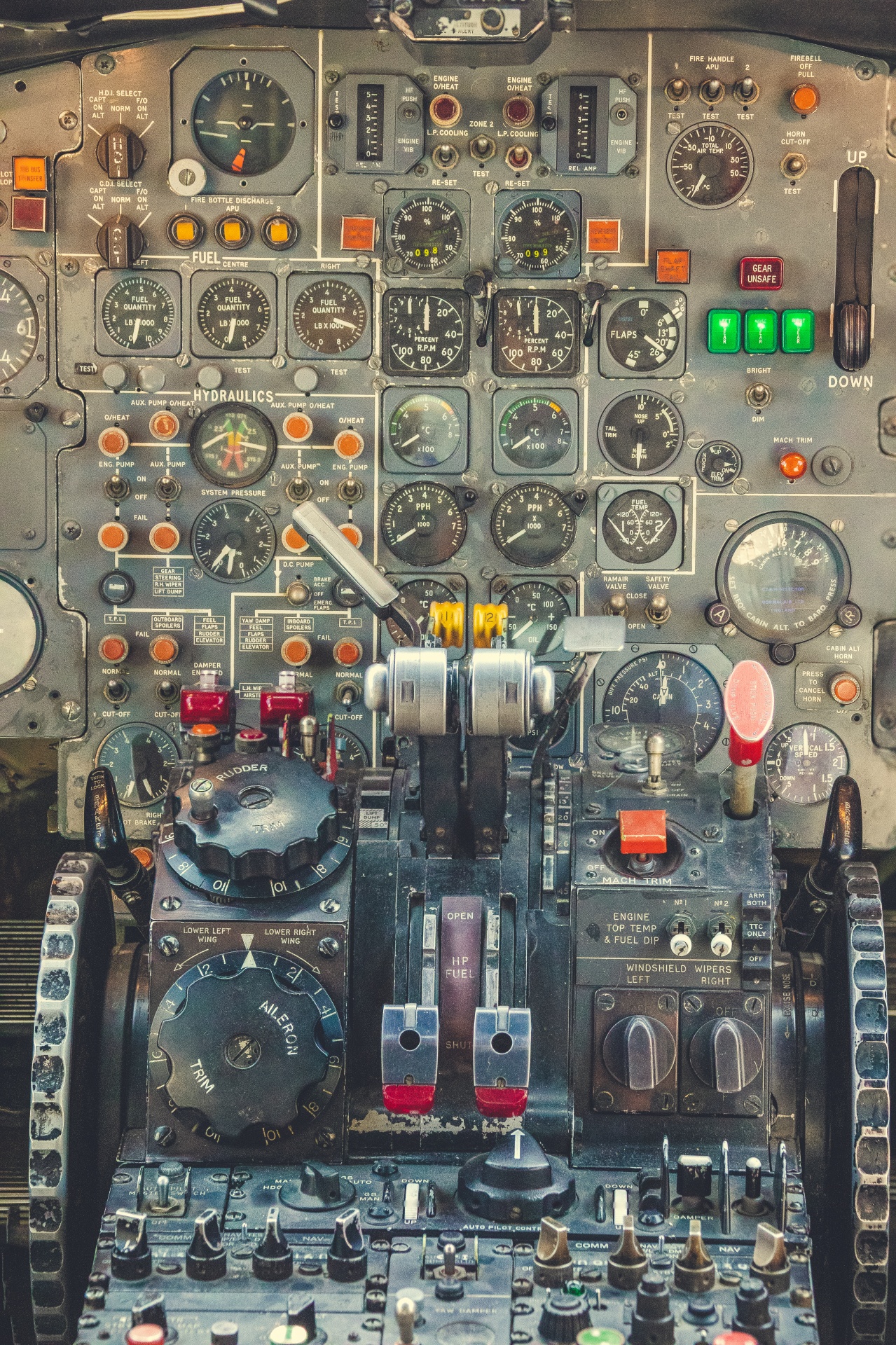Autoadaptation in Multi-Objective Optimization
Optimization algorithms using Evolutionary Computation are extremely useful for several applications in industry. However, one of their well known problems is that performance can be highly dependent on the configuration of several hyper parameters, and the best configuration can be problem dependent.

Configuring meta-heuristics can feel like this sometimes. One way to mitigate this problem is through the use of Self-adapting algorithms. The idea of self adaptation is that the algorithm obtains information about the problem being solved during the optimization process, and automatically adjusts its own parameters based on this information.
There are several approaches for auto-adaptation in optimization algorithms. Currently, we are investigating indicators that can effectively summarize the behavior of an optimization algorithm, and algorithms that can make good decisions based on these indicators.
Some examples include the automatic adjustment of population size or number of trade-off vectors in multi-objective optimization; adjustment of mutation strategies in single-objective optimization; and selection of constraint strategies in constrained optimization problems.
The work on this project is strongly guided to practical applications. Just as important as the development of new algorithms, is the use of these algorithms in problems that are useful for society.
Papers
-
Yuri Lavinas, Claus Aranha, Marcelo Ladeira, and Felipe Campelo, "MOEA/D with Random Partial Update Strategy", IEEE Congress on Evolutionary Computation, 2020.07 (accepted) Preprint
-
Yuri Lavinas, Claus Aranha, Testuya Sakurai, "Using Diversity as a Priority Function for Resource Allocation on MOEA/D", In Genetic and Evolutionary Computation Conference Companion (GECCO '19 Companion), DOI: 10.1145/3319619.3321948, 2019.7
-
Yuri Lavinas, Claus Aranha, Marcelo Ladeira, "Improving Resource Allocation in MOEA/D with Decision-Space Diversity Metrics", Theory and Practice of Natural Computing, pages 134-146, 2019.11, DOI: 10.1007/978-3-030-34500-6_9
-
Claus Aranha, Jair Pereira Junior, Hitoshi Kanoh, "Comparative Study on Discrete SI Approaches to the Graph Coloring Problem", Proceedings of the Annual Genetic and Evolutionary Computation Conference, Proceedings Companion pp.81-82, 2018.7, Conference Proceedings
-
Yuri Lavinas, Claus Aranha, Tetsuya Sakurai, Marcelo Ladeira, "Experimental Analysis of the Tournament Size on Genetic Algorithms", IEEE International Conference on Systems, Man and Cybernetics, pp.3647-3653, 2018.10.